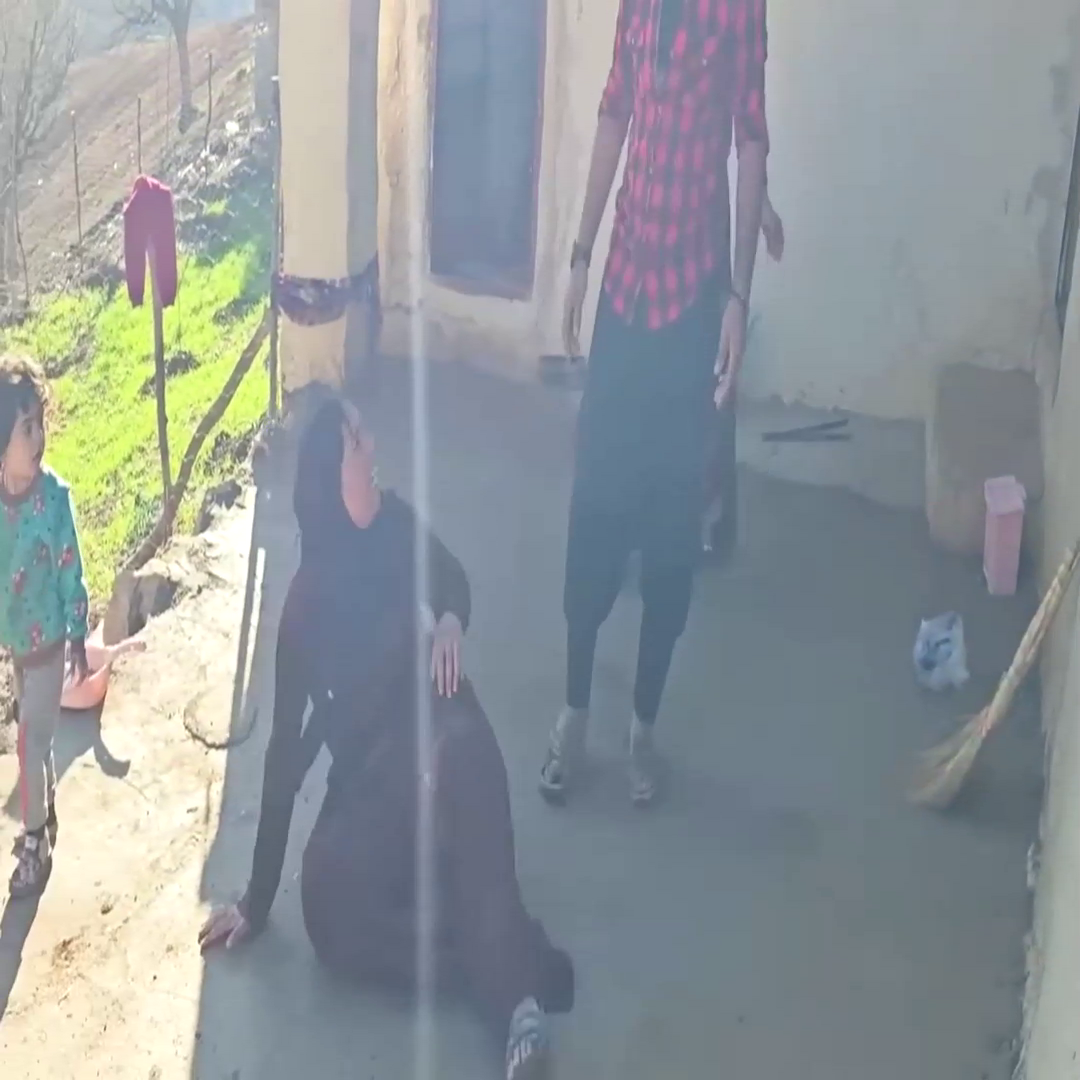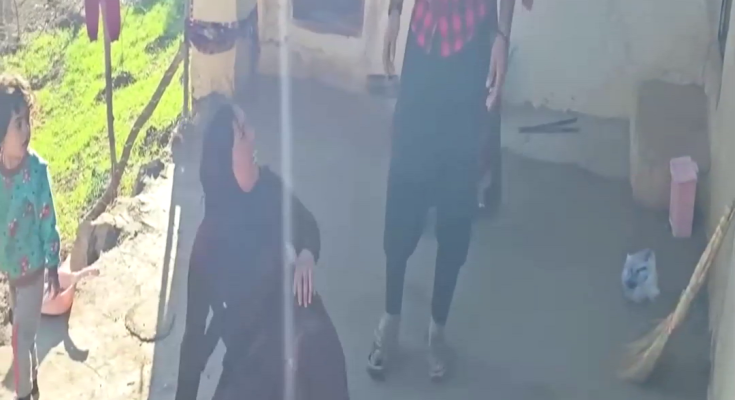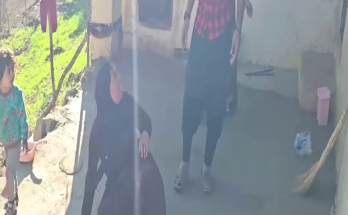
After her public disgrace, Sarnai refuses to leave quietly. Fueled by resentment, she challenges not only Dorgo’s authority but also that of the village executor — an elder named Batbayar, who serves as the moral compass of the community. Batbayar had earlier ruled in favor of Naraa, affirming her as the rightful head of the household and upholding the symbolic banishment of Sarnai from communal meals.
Sarnai’s defiance sparks quiet unrest among the younger women in the village, some of whom sympathize with her desire for a different life — one free from the rigid roles passed down for generations. In a heated confrontation inside the communal yurt, Sarnai publicly accuses Batbayar and Naraa of manipulating tradition to isolate her. Naraa, calm and composed, responds not with words, but by continuing her duties — tending the fire, preparing tea, and caring for the children. Her silence speaks volumes, reminding all who watch that true respect is earned, not demanded.
Tensions rise until Sarnai, in a final act of rebellion, leaves the village and joins a traveling merchant caravan — choosing exile over submission. Her departure is met with a mixture of relief and sorrow. Though her choices were reckless, her voice forced the village to examine its unspoken hierarchies.
The Message: Tears Beneath the Yurt isn’t just a tale of jealousy and tradition — it’s a layered story about women navigating honor, power, and identity within a fragile social order.
Watch Full Video

